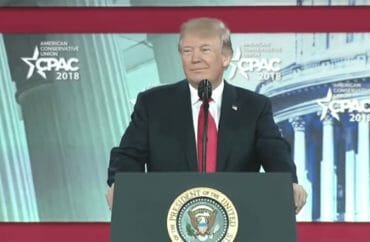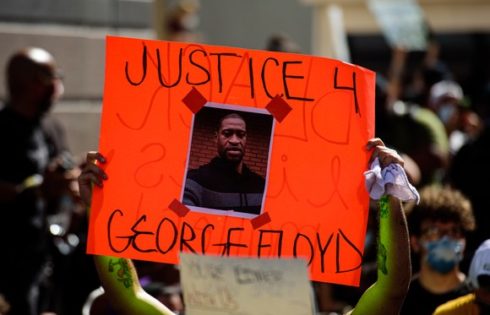
‘No evidence’ Russian social media campaign swayed voters
Another Russia hoax has fallen, this time thanks to the work of New York University researchers.
There is “no evidence of a meaningful relationship between exposure to the Russian foreign influence campaign and changes in attitudes, polarization, or voting behavior [in the 2016 presidential election],” a January 9 paper in Nature Communications concluded.
President Donald Trump won in 2016 over Hillary Clinton because he had a better campaign that won more electoral votes, not because the Russians tricked voters into supporting him or staying at home instead of voting for Clinton.
Researchers with NYU’s Center for Social Media and Politics found that “exposure to Russian disinformation accounts was heavily concentrated” and “only 1% of users accounted for 70% of exposures.” The chances that social media posts from foreign actors would sway a citizen to pick one candidate over the other was “near zero.”
NYU scholars Joshua Tucker, Jonathan Nagler and Richard Bonneau wrote the paper along with three international professors.
The paper found that while “social media posts from foreign influence campaigns is large in absolute terms” the effects were “”overshadowed—by at least an order of magnitude—by content from ordinary domestic political news media and US political candidates.”
In other words, conventional political advertising and news media continued to play a significant role in how citizens made election decisions.
The researchers explained:
While, on average, respondents were exposed to roughly 4 posts from Russian foreign influence accounts per day in the last month of the election campaign, they were exposed to an average of 106 posts on average per day from national news media and 35 posts per day from US politicians. In other words, respondents were exposed to 25 times more posts from national news media and 9 times as many posts from politicians than those from Russian foreign influence accounts.
Furthermore, the foreign influence campaign had a statistically significant effect of “zero” in the last weeks of the 2016 election.
“In the last month of the election, the median exposure to Russian foreign influence accounts is zero across all weeks,” the media scholars wrote. “[A]s we show…exposure is concentrated among a small group of users, and thus there are few who are exposed to any posts from foreign influence accounts at all in a given week.”
MORE: Michigan law professor says Trump could be charged with manslaughter
The work of the NYU researchers to debunk a Russia hoax should not be confused with the activism by Georgia Tech employees to create a Russia hoax.
The study presents bad news for others in academia who cling to the idea that Trump won because Russia and Vladimir Putin interfered in the 2016 election.
“Russian hackers attempted to mobilize the same voters Trump was trying to mobilize and demobilize the same voters he was trying to demobilize,” University of Pennsylvania professor Kathleen Jamieson claimed in a book. She admitted she had no hard proof that Russian activity actually helped Trump win in 2016, as previously reported by The College Fix.
A 2022 Harvard University media panel concluded that Trump won because of memes.
Ironically, campus Shorenstein Center researchers hosted the panel on misinformation and social media, even though the think tank is currently being sued for spreading false information about the role a black activist group played in the 2016 election.
MORE: Most college Democrats would not room with Trump supporters
IMAGE: CPAC
Like The College Fix on Facebook / Follow us on Twitter







Please join the conversation about our stories on Facebook, Twitter, Instagram, Reddit, MeWe, Rumble, Gab, Minds and Gettr.